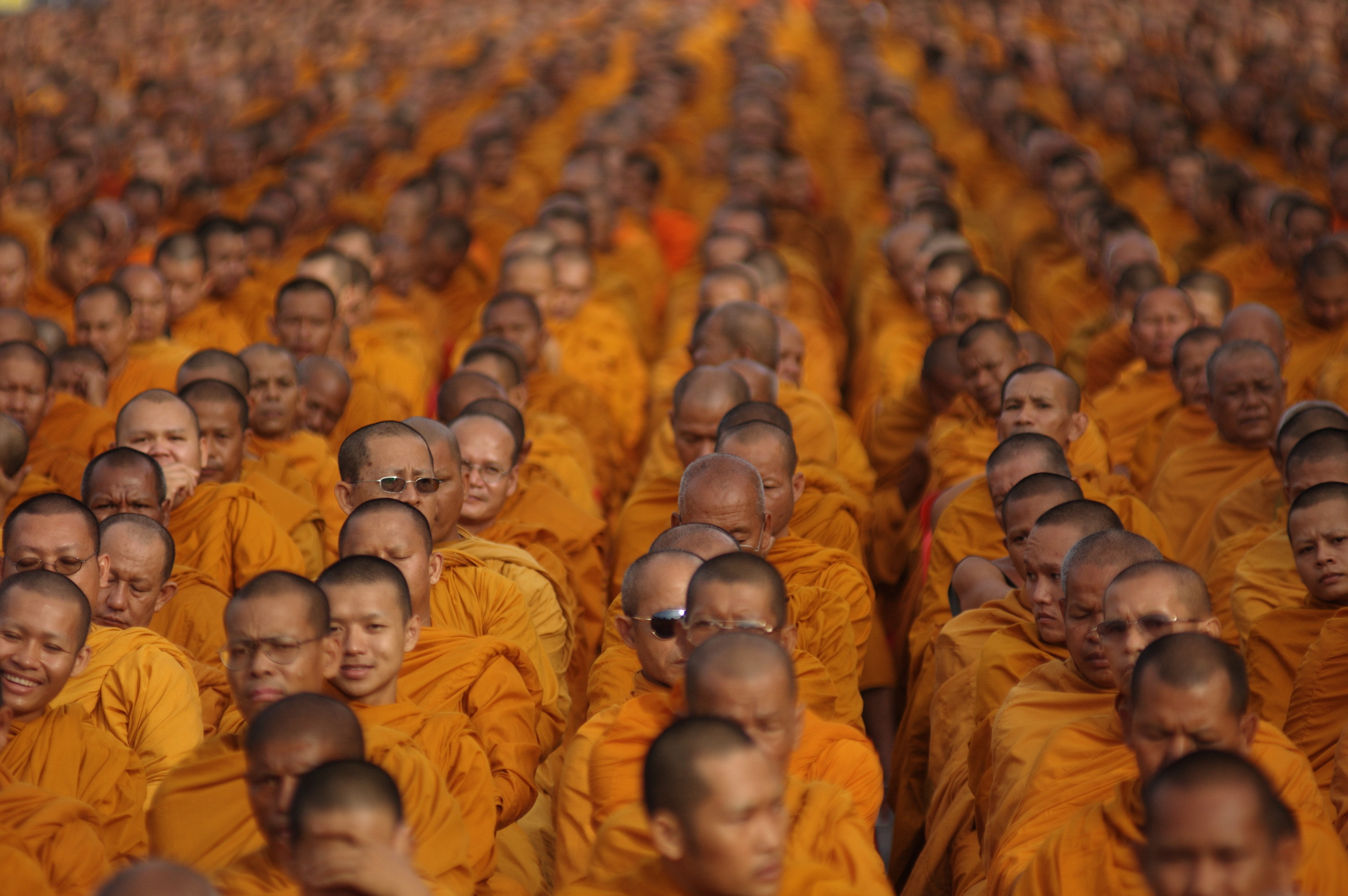This post summarizes three different articles:
- New study finds laughter puts our brain into a ‘true meditative state’.
- What Buddhists believe about reincarnation and god, from Yale-NUS Professor.
- Pantheism, or seeing god as everything, is growing in popularity as an alternative to organized religion, argues scholar of religious studies.
New Study: Laugh Your Way Into Meditative States
Laughing puts the brain into a ‘true meditative state’ AND can improve your memory, researchers claim
– Researchers at Loma Linda University Health say the effect of laughing is similar to a ‘true meditative state’.
– Humor and mirthful laughter is a whole brain experience with gamma wave band frequency similar to meditation; researchers called this frequency, being ‘in the zone’ (See post The Rise of Superman: Finding Your Flow, Your Ultimate Creative, Athletic Self and Meditation Not Better than Drugs or Exercise, Study Finds).
– Laughing could dramatically improve your health, and be as good for you as a deep state of meditation, the researchers have found.
What Buddhism Really Says About Reincarnation
– Buddhists don’t believe in a supreme being, argues scholar Jay Garfield, Professor of Humanities, Yale-NUS College Singapore.
– Like Christianity, Judaism, and Islam, Buddhism IS a religion, but not in the theistic sense.
– Buddhism is a religion without theism, or no god.
– Buddhists are more akin to Pantheists (see podcast below).
– For Buddhism, as opposed to Hinduism, a better word than reincarnation is rebirth.
– Buddhism itself doesn’t necessarily require belief in reincarnation or rebirth, though actual Buddhists probably do believe.
– Buddhism encourages us to rethink egoism and to consider an orientation to the world characterized by care and joint responsibility. That can’t be a bad thing, says Garfield.
PODCAST

Esala Perahera (the festival of the Buddha’s tooth relic), Kandy, Sri Lanka, photo by james_gordon_losangeles on Flickr
Jesus, God, or Nothing? Interview with Raphael Lataster, Skepticality #230
– Interview with Rafael Lataster, author of There Was No Jesus, There Is No God and PhD researcher of Religious Studies from University of Sydney.
– Huge bias in religious studies of focusing on god concepts such as theism, or only a focus on monotheist religions such as Christianity, Judaism, and Islam.
– Other religions like Buddhism and Taoism are a form of pantheism. And, Hinduism is both pantheism and polytheism.
– Pantheism is the concept that all is god, unity, one world, and respect for nature. Everything is said to be one, there is unity to all things, as found in New Age beliefs.
– Pantheism is about the Universe/Cosmos itself being ‘God’.
– Theist scriptures promote a special race of “chosen” peoples.
– Pantheism, while not an organized religion, encourages people to be compassionate to all beings and the planet as a whole.
– The film ‘Avatar’ uses the idea of Pantheism as the basis for the religion in that movie.
– Many people are moving away from institutionalized theistic religions and moving toward personalized pantheist religions, such as New Age religions or atheism (see also Pantheism Unites/What is Atheism?).

